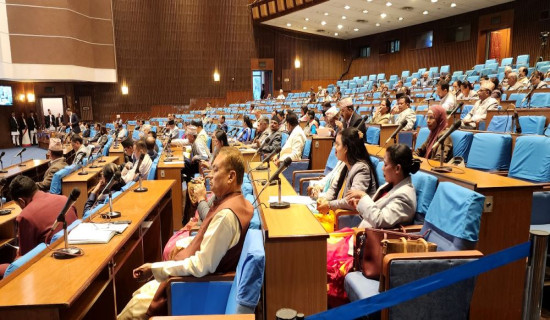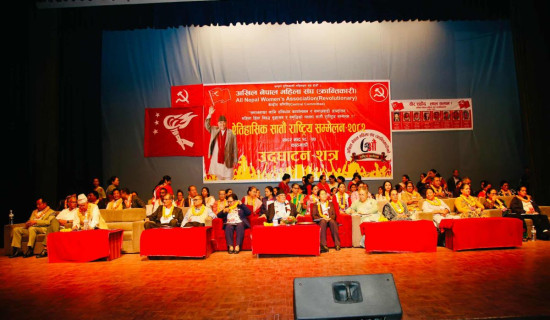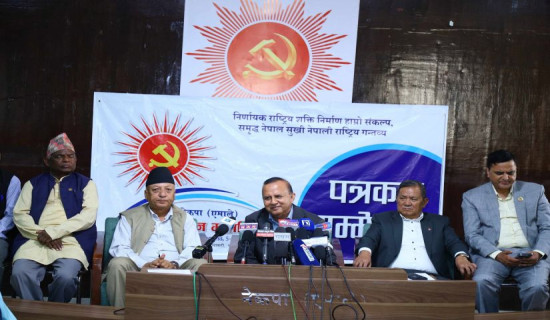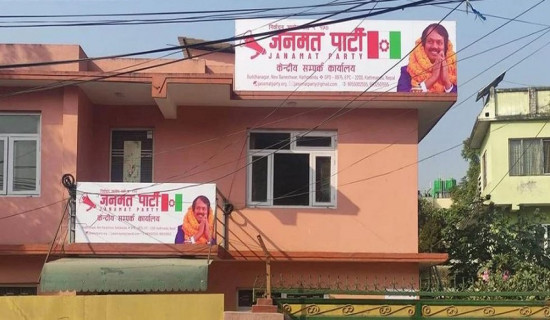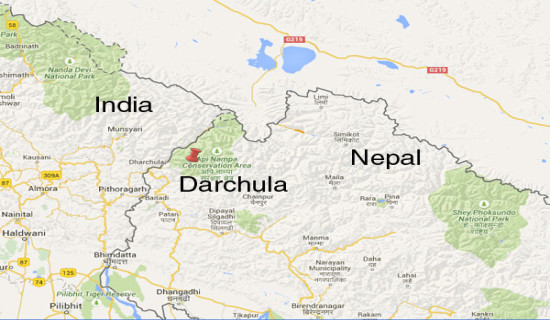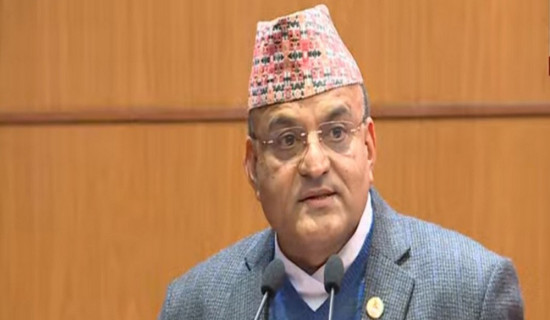- Wednesday, 3 September 2025
Deepen Multilateralism
Prime Minister KP Sharma Oli has reiterated Nepal’s commitment to multilateralism, while calling for making the global governance system more effective and efficient with the United Nations at its core. Prime Minister Oli said this while addressing the Shanghai Cooperation Organisation (SCO) Plus Summit in Tianjin, China, on Monday. PM Oli is Nepal’s first head of government to speak at the SCO Summit, which has emerged as a strong platform for nations in the Global South. Nepal has been its Dialogue Partner since 2016 and aspires to get admitted as a full member. As the world’s largest regional organisation, the SCO includes 26 countries in various capacities – member, observer and dialogue partner. With a combined economic output of nearly $ 30 trillion, the SCO cooperation covers more than 50 areas.
Today, multilateralism is fraying at the seams due to rising unilateralism. This is a reason why PM Oli has called for bolstering it. He said that it is in crisis as it has failed to deliver. “Multilateral forums promise much. Too often, they deliver little. Promises without progress erode trust,” he observed. PM Oli further stated that abandoning multilateralism is not the answer; it needs to be revitalised. China has proposed the Global Governance Initiative (GGI) for this purpose. Prime Minister Oli expressed his belief that GGI would help strengthen the multilateral system by making it a more just, inclusive and equitable system for a community with a shared future for humanity.
The world has witnessed unprecedented progress in the field of science, technology and innovation. Widening inequalities, economic turbulence, climate emergencies, and conflicts have threatened these gains. In an interdependent world, no nation can stand secure in isolation. Neither can the people prosper in fragmentation. In order to overcome these challenges, PM Oli has stressed a rules-based, inclusive multilateral system for a sustainable future, while upholding the Shanghai spirit. It embodies the principles of mutual trust, mutual benefit, equality, consultation, respect for diversity of civilisations and the pursuit of common development. The SCO is expected to complement the spirit of revitalised multilateralism based on sovereign equality.
Nepal’s Prime Minister is for a revitalised SCO - more united, more integrated and more resilient to tackle deepening geopolitical, economic, and ecological shocks that threaten our shared future. The PM’s speech dwells upon the regional security that is under threat owing to terrorism, climate change, cyber-attacks and pandemics. Snowy mountains, considered the global climate stabilisers, are fast melting, imperilling the lives of billions living in the downstream. So the regional cooperation is essential to deal with the above challenges. Offering the future roadmap, Prime Minister Oli has called for three shifts - from isolation to connectivity, from confrontations to consultations and from competition to cooperation. The SCO can foster regional peace, progress and prosperity through enhanced physical, economic, digital, socio-cultural, and people-to-people connectivity.
Meanwhile, SCO provided an opportunity for Nepal to expand its diplomatic horizon. PM Oli held bilateral talks with the heads of state or governments from China, India, Vietnam, Cambodia, the Maldives and Russia, which have helped further boost Nepal’s ties with these nations. During his meeting with Chinese President Xi Jinping, PM Oli opposed the India-China deal to reopen the trade route via Nepal’s territory – Lipulek. Russian President Vladimir Putin said Russia and Nepal have never had any problems and mulled visiting the Himalayan nation. Indian PM Narendra Modi termed India-Nepal ties cordial. The SCO summit served as a right platform for Prime Minister Oli to clearly put forth Nepal’s views and position on regional and global issues.









